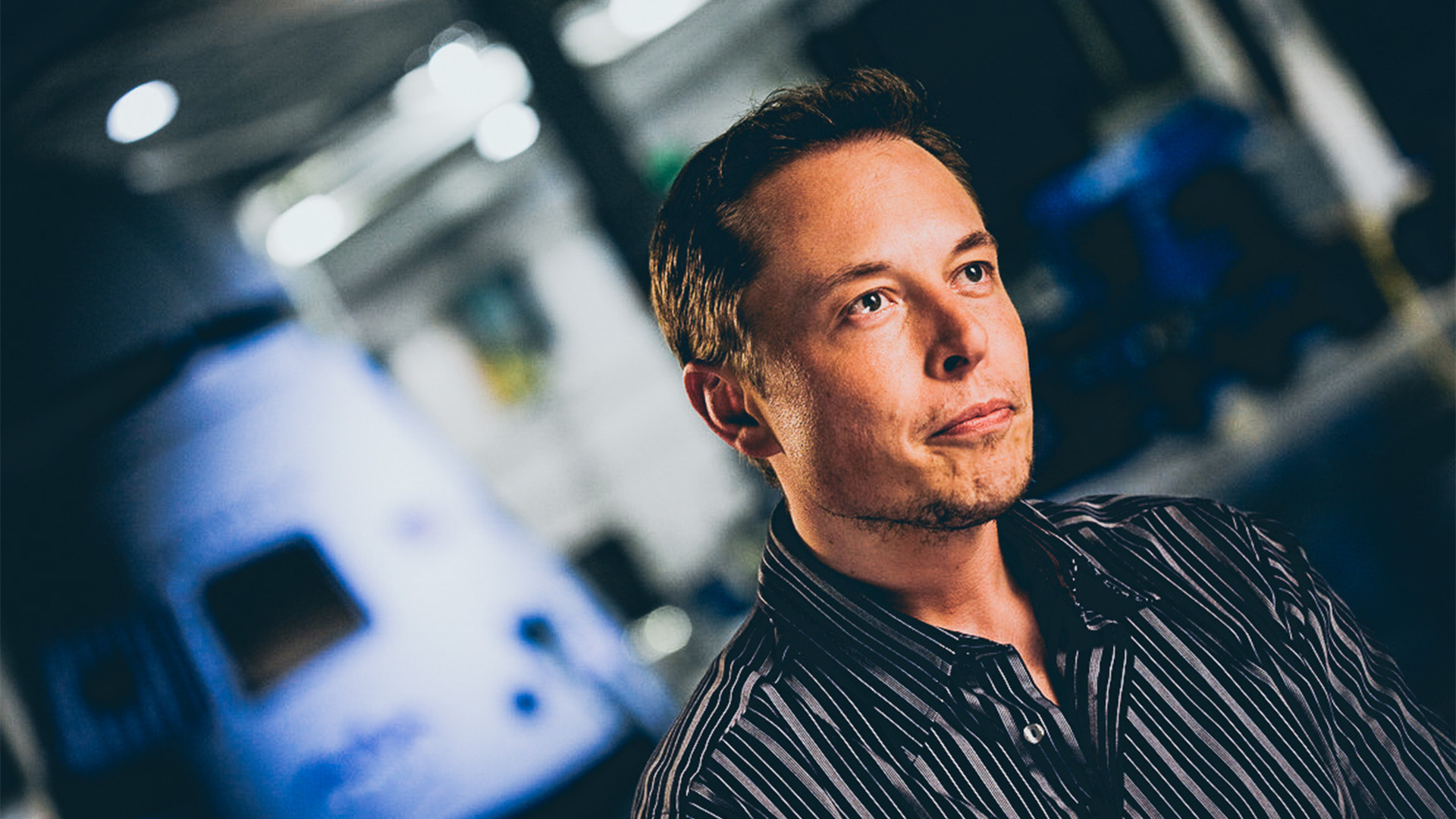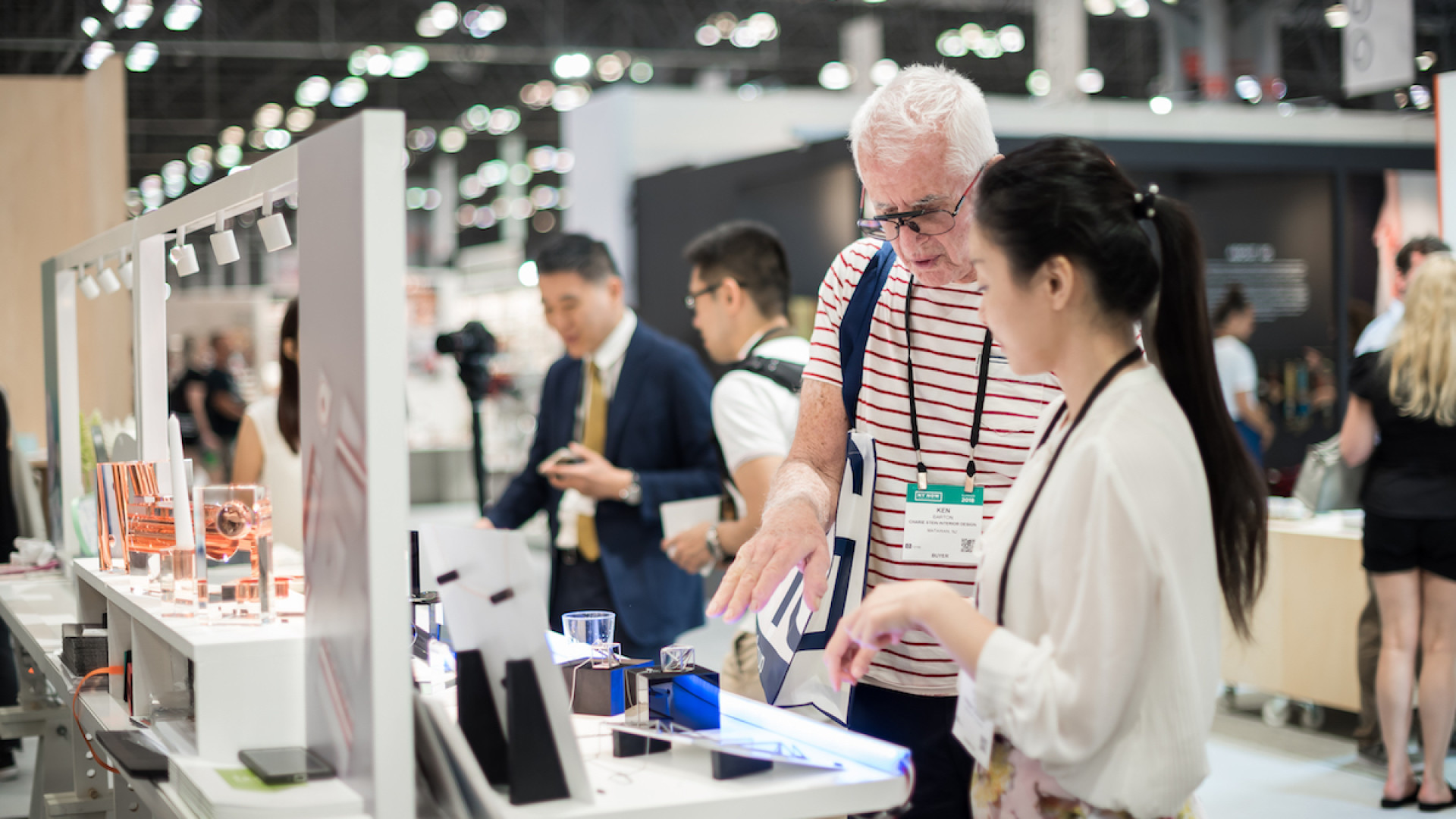On a recent trip to the US, my 10-year-old daughter visited the highly popular clothing chain, Justice, and found a t-shirt with the words ‘Believe in yourself’ written across the front. ‘Believe in yourself’ is a phrase that you’ll often see in the West, and it’s something I regularly heard at school and on television when growing up in Southern California. My wife and I bought the t-shirt at her request. For us, it’s important that we encourage her ‘to believe in herself’, because we know that confidence plays a huge role in achieving success in life.
I’d argue that Elon Musk also believes in the phrase ‘believe in yourself’. In a recent press conference he told an investor-heavy audience that Tesla will be worth US$700 billion by 2025! Any business owner who claims his company will be the biggest company in the world in a mere 10 years, clearly ‘believes in himself’. And by the looks of Tesla’s stock price, his investors do too.
It all starts with purpose
First Paypal, then SpaceX and Tesla. Now the Tesla PowerWall. Elon Musk teaches us that successful people achieve their success by having confidence in themselves and their ideas. However, confidence is only part of the equation. Elon Musk—not unlike Steve Jobs and Akio Morita—found that confidence in something called ‘purpose’.
When it comes to Tesla, Elon Musk writes “Our goal when we created Tesla a decade ago was the same as it is today: to accelerate the advent of sustainable transport by bringing compelling mass market electric cars to market as soon as possible.” Wordy yes, but also definite in its ambition and aspiration. It’s this purpose that drives the efforts of Mr. Musk and his Tesla team.
Purpose is at the core of the world’s most successful businesses
What worries me is that these concepts aren’t being taught in Taiwan’s schools. With a 10-year-old studying in the local school system, now in fourth-grade, I have yet to see a phrase like ‘believe in yourself’ on the walls of any classroom. I don’t hear teachers asking kids what they want to achieve when they grow up. In fact, it’s evident to me that we aren’t teaching the next generation the concepts critical to their success. Concepts of equal importance to the future success of this nation. We need students to have confidence in themselves, to know they can and should dream big, and to believe they have the possibility to influence the future.
These issues aren’t just concerns for our education system. My observation is that the same issues are evident inside Taiwanese businesses. I rarely come across employees who have confidence in the company for which they work. I also don’t see many companies willing to explore important topics such as purpose. Many instead appear to be single-mindedly chasing orders as they pursue short-term survival. With so few companies exhibiting the confidence needed to lead an industry, it’s hard to imagine how they’ll contribute to a stronger, more nimble economy.
Time to talk purpose
In recent years, however, we’ve had conversations with a number of business owners about purpose. A small group of open-minded companies appear to be increasingly receptive to this important, albeit intangible concept. Why? Because they recognize that purpose has the potential to bring about positive change and deliver new growth opportunities. We find that when a company takes time to discuss and define a purpose, and when it dares to describe the future it will achieve, an atmosphere of confidence emerges within the company. This in turn leads to greater customer confidence and, almost naturally, improved sales.
One such Taiwan business was a medium-sized manufacturer of own-branded wheelchairs. The company, like many in Taiwan, was facing competition from Mainland Chinese brands, and was under increasing pressure to cut prices in order to stay competitive. In the end however, the company took a different approach. They not only decided to maintain higher prices, they even introduced more expensive products to the market. What gave them this confidence in the face of such fierce price competition?
What they did was take a long, hard look at themselves through a process called 品牌銳變. They explored both the purpose of the company, among other intangible concepts such as vision and values. Through this process, the company zeroed in on a valuable, new purpose: to revolutionize the methods in which wheelchairs are sold. The company recognized that most consumers were sold (or bought) the wrong wheelchair for their needs, which at times would lead to further injury, and at a minimum a poor product experience. The company redefined the market by redefining the way doctors, nurses and retailers recommended wheelchairs to users, and by making sure there were wheelchairs available for every need.
Purpose drives business growth
This new purpose not only drove an entirely new set of thinking and action within the organization, it also increased the confidence among management and employees. This confidence was demonstrated in daily action and ultimately helped influence the market’s perception of the brand. In three short years, the company has built a leading position in burgeoning markets such as China and India, and has distanced itself from cheaper competitors.
While the company didn’t set a purpose as grandiose as the remaking of the automobile, space transportation, or energy in the home, the new purpose was powerful enough to transform the company’s efforts beyond that of simply chasing orders, and it brought the company the confidence to ‘believe in itself’; just like Elon Musk.



